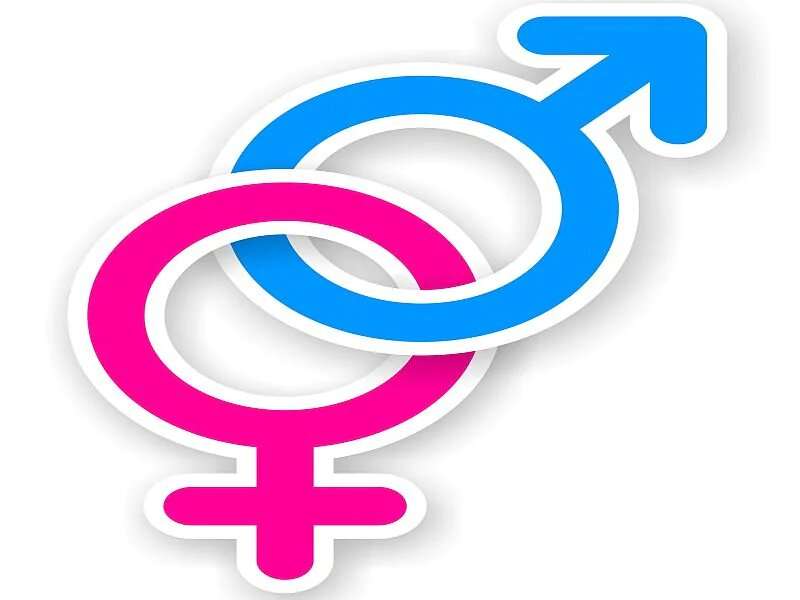Transgender is now no longer classified as a mental health illness by the world health organization

Transgender is no longer classified as a mental health illness by the World Health Organization.

In a significant step towards inclusivity and understanding, the World Health Organization (WHO) has recently announced that transgender is no longer classified as a mental health illness. This important change reflects a growing recognition of gender diversity and the need to address the healthcare needs of transgender individuals appropriately.
Previously, being transgender was listed in the WHO’s International Classification of Diseases (ICD) under the mental health disorders section. This categorization had a significant impact on transgender individuals, contributing to increased stigmatization and discrimination. It perpetuated the misconception that being transgender was a mental illness rather than a legitimate expression of gender identity.
However, with the latest edition of the ICD, known as the ICD-11, the WHO has removed transgender as a mental health disorder. Instead, it is now classified under a new chapter called “Conditions related to sexual health.” This updated classification highlights the importance of recognizing transgender identity as a natural aspect of human diversity rather than a psychiatric condition.

The revised classification carries significant implications for the healthcare and well-being of transgender individuals. By depathologizing transgender identity, the WHO has taken a crucial step in promoting the acceptance and understanding of transgender individuals within society. It aims to reduce the associated social stigma and facilitate access to appropriate healthcare services and support.
This change aligns with a growing understanding among medical professionals that being transgender is not a mental illness but a valid and legitimate variation of human gender identity. Medical research and evidence have consistently shown that gender dysphoria, the distress experienced by some transgender individuals due to the incongruence between their gender identity and assigned sex at birth, is the actual medical concern that needs to be addressed.
By acknowledging this distinction, the WHO’s updated classification offers a more accurate portrayal of transgender individuals’ experiences and needs. It helps shift the focus from pathologizing their identity towards providing necessary medical and psychological support to address gender dysphoria and foster improved mental well-being.
The WHO’s decision has drawn widespread appreciation and support from various organizations and transgender rights advocates globally. It marks a significant milestone in the ongoing fight for equal rights and recognition for the transgender community. Moreover, it reinforces the urgency for society to embrace and respect gender diversity while advocating for legal protections and social inclusion.
Although the WHO’s latest classification is a significant step forward, it is essential to acknowledge that not all countries and healthcare systems will immediately adopt these changes due to various socio-cultural factors. However, the updated classification serves as an essential guideline for countries and healthcare providers to revise their policies and practices concerning transgender healthcare.
In conclusion, the World Health Organization’s removal of transgender as a mental health illness from its list of disorders signifies a crucial recognition and validation of transgender identity. This change marks an important moment in the journey towards inclusivity, acceptance, and equality for transgender individuals worldwide.
Tags
Share
Related Posts
Quick Links
Legal Stuff

